Online shopping provides a quick and convenient way to purchase products, and this is especially true for the...
Pill Organizers
What Are Pill Organizers?
Pill organizers, pill calendars, and pill cases are all medication aids used to help patients take pills on time. Although these pill holders can convey different meanings, they have been blended to mean the same thing—a storage compartment device to aid in dispensing medications or vitamins on a scheduled frequency.
Quick Links
- How to Select the Best Pill Organizer
- Why Use Pill Organizers?
- What Are The Different Types of Pill Organizers?
- What Utility Do Pill Organizers Have?
- Best Pill Dispensers
- Medical Studies
Is There A Need for Pill Organizers/Dispensers?
Pill organizers and dispensers prevent or reduce medication errors. Pill cases store and transport medications, while a pill organizer indicates when it is time to take medication. Organizers that incorporate advanced features for timing and alerting patients when to take meds are pill reminders. They provide a safe way to store scheduled doses of medicines and vitamins. Patients with chronic illnesses often require a multitude of prescriptions, including pills that counteract the side-effects of other drugs. A medical study drew the following conclusions:
- 32 million Americans use three or more meds daily
- 51% of Americans 65 years and older take at least five prescriptions drugs regularly
- 25% take between 10 and 19 pills each day
- 57% of patients indicate that they forget to take their medications
- 75% of adults are non-adherent in one or more ways
- An estimated $100 billion is spent annually for non-adherence costs
- @ 50% of people taking chronic medications, stop taking them in the first year; the most significant dropout occurs during the first month.
- 75% of patients and 40% of the chronically ill fail to comply with physician prescribed doses (NCBI Study on Adherence)
- Patients are six times more likely to take too few pills than too many
- Click the link--Usefulness of Medication Organizers for more information about medical research and the use of these devices
What Are the Types of Pill Cases
- Monthly - setup into a grid or circular pattern with pods for each day
- Weekly - designed with a one-a-day to a four-a-day matrix (7-day Pill Case or Large Weekly Pill Case)
- Daily - medication box constructed for one day, often with four separate compartments (Dayplanner)
- Travel - compacted, portable storage containers
- Organizers - offers compartments segmented by days of the week
- Reminders - visual and audio alerts to signal dosage intervals
- Automatic - prevents patients from early dosing and reminds patients when an administration is due by providing access to medications only at prescribed intervals
How Are Medication Containers Used?
Caregivers also use these medicine boxes to aid in dispensing medications to their patients on a schedule specified by a doctor or pharmacist. These containers serve in several different roles. They store, organize, schedule, dispense, control, and provide verification. Below are more details on the functions of med containers.
Storage
Pill cases offer an easy way to store medications before dispensing. Most of these containers provide a compact design that is portable for carrying to the office or traveling. They make it easier for patients to keep pills close-at-hand for when they are needed. They also provide a quick inventory check of what is available for future dosing.
Organizing
Organizers allow for easier management of what is needed and when. These containers enable patients and caregivers to prepare for future doses. Doses assembled into a convenient compartment provides for easy access and faster administration. It gives more structure and order to prevent overdosing or under-dosing.
Scheduling
The simple compartment structure of a pill case lends itself to regulate and time administration intervals. Each compartment or pod designates a corresponding period for administration.
Dispense
Newer devices are set up with electronic timers to give notice or alerts to the patient or caregiver when an administration is due. These alerts are by an audible sound or flashing light or both. These devices signal to the patient when a medication interval arrives and allows access to the prescribed medicine for that particular time. Often referred to as pill reminders, these devices have shown to be useful for patients that often forget to take their medication on time.
Control
This management technique delivers medications on-time to patients when mandated. Pill pods or containers remain locked from access until the right time arrives for their administration. These electronic organizers or e-pill devices work on a timer. The caregiver refills the dispenser and secures the cover. When the prescribed time arises, the compartment for that period unlocks, allowing the patient access to the pill compartment for that period. This device is also set up as a medication reminder with a patient alert system similar to a pill dispenser. These medication control devices have proven very effective in keeping patients medicated on a prescribed schedule.
Verification
Pill planners or pill schedulers allow for periodic auditing and validation that the patient is in compliance. Just by simply opening the lid to check its contents reveals whether the pills are missing. If empty, it is likely that the patient consumed the pills on time. A compartment that is still full likely indicates that the medication still needs ingestion. This system provides a method of monitoring and tracking pill inventory and consumption compliance. It offers surveillance and compliance assessment. This method of confirmation provides for better administration management and adherence to prescription dosages.
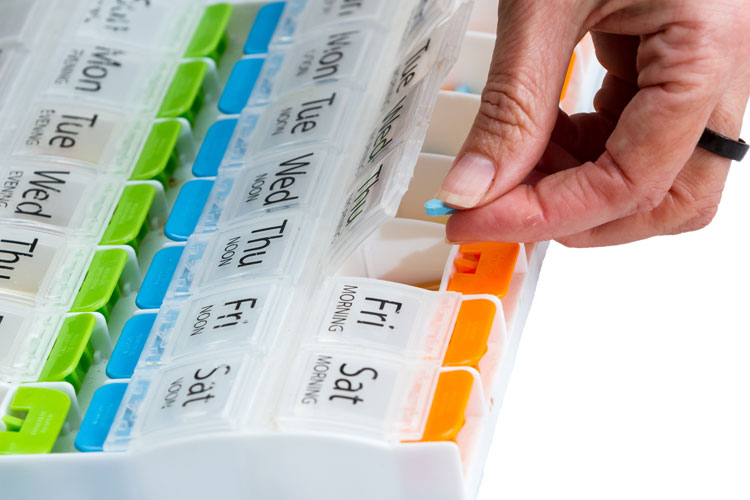

Selection Guide
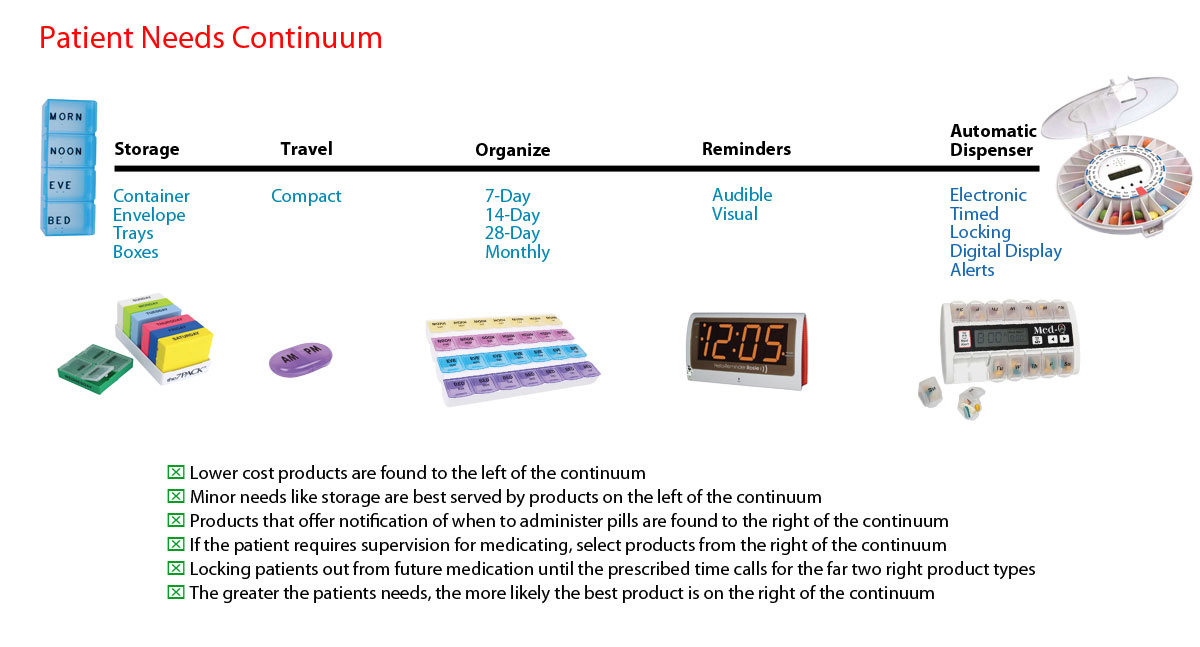
Vitality Medical has an assortment of pill organizers, reminders, and automatic dispensers for you to select. You can choose from daily, weekly, or monthly pill organizers, and Medication Envelopes to assist you in taking medications on time. Using a pill organizer is particularly helpful when an individual has trouble remembering what pills to take and when to take them. Managing your medications is very important, especially when consuming one or more pills several times a day for multiple days. Pill organizers ensure timely medication consumption. Pill organizers and pill cases make it convenient and easy to organize your medication regimen. They also help ensure medication consumption is on time on the right day.
Many individuals take multiple medications or vitamins throughout the day. Medication bottles clutter counter space and may be challenging to manage. A daily pill case cleans up countertops and helps you remember when to take the medication. Choose from 7-Day pill cases, including those designed with slots for the morning, noon, evening and bedtime. Monthly pill organizers are even possible with customized dosing combinations to meet your needs.
The Best Pill Organizers/Dispensers
Top Selling Medication Organizers and Dispensers are listed below with links to detailed product descriptions.
- Ambidextrous Pill Counter
- Reminder Rosie
Another noteworthy product is the One-Day-At-A-Time 7 Day Organizer which has four daily slots for the morning, noon, evening, and bedtime. Some products take it a step further and provide notification and locking settings so it will sound an alarm or light up when it's time to take the medication. Modern pill dispensers with automated dispensing combines storage, a timer, a notification system, and a controlled locking distribution system to prevent early dosing or mis-dosing. The sales leader for these types of devices is the Whatever you need, there are organizers to help you simplify or automate the process.
Medical Studies
-
 Huang, H. Y., Maguire, M. G., Miller III, E. R., & Appel, L. J. (2000). Impact of pill organizers and blister packs on adherence to pill taking in two vitamin supplementation trials. American journal of epidemiology, 152(8), 780-787.
Huang, H. Y., Maguire, M. G., Miller III, E. R., & Appel, L. J. (2000). Impact of pill organizers and blister packs on adherence to pill taking in two vitamin supplementation trials. American journal of epidemiology, 152(8), 780-787. -
 Gross, R., Zhang, Y., & Grossberg, R. (2005). Medication refill logistics and refill adherence in HIV. Pharmacoepidemiology and drug safety, 14(11), 789-793.
Gross, R., Zhang, Y., & Grossberg, R. (2005). Medication refill logistics and refill adherence in HIV. Pharmacoepidemiology and drug safety, 14(11), 789-793. -
 Napolitano, F., Napolitano, P., Angelillo, I. F., & Collaborative Working Group. (2015). Medication adherence among patients with chronic conditions in Italy. The European Journal of Public Health, 26(1), 48-52.
Napolitano, F., Napolitano, P., Angelillo, I. F., & Collaborative Working Group. (2015). Medication adherence among patients with chronic conditions in Italy. The European Journal of Public Health, 26(1), 48-52. -
 Parker, C. S., Chen, Z., Price, M., Gross, R., Metlay, J. P., Christie, J. D., ... & Kimmel, S. E. (2007). Adherence to warfarin assessed by electronic pill caps, clinician assessment, and patient reports: results from the IN-RANGE study. Journal of general internal medicine, 22(9), 1254-1259.
Parker, C. S., Chen, Z., Price, M., Gross, R., Metlay, J. P., Christie, J. D., ... & Kimmel, S. E. (2007). Adherence to warfarin assessed by electronic pill caps, clinician assessment, and patient reports: results from the IN-RANGE study. Journal of general internal medicine, 22(9), 1254-1259. -
 Billingsley, L., & Carruth, A. (2015). Use of technology to promote effective medication adherence. The Journal of Continuing Education in Nursing, 46(8), 340-342.
Billingsley, L., & Carruth, A. (2015). Use of technology to promote effective medication adherence. The Journal of Continuing Education in Nursing, 46(8), 340-342. -
 Parra, J. M., Valdez, W., Guevara, A., Cedillo, P., & Ortiz-Segarra, J. (2017, February). Intelligent pillbox: Automatic and programmable Assistive Technology device. In Biomedical Engineering (BioMed), 2017 13th IASTED International Conference on (pp. 74-81). IEEE.
Parra, J. M., Valdez, W., Guevara, A., Cedillo, P., & Ortiz-Segarra, J. (2017, February). Intelligent pillbox: Automatic and programmable Assistive Technology device. In Biomedical Engineering (BioMed), 2017 13th IASTED International Conference on (pp. 74-81). IEEE. -
 Petersen, M. L., Wang, Y., Van Der Laan, M. J., Guzman, D., Riley, E., & Bangsberg, D. R. (2007). Pillbox organizers are associated with improved adherence to HIV antiretroviral therapy and viral suppression: a marginal structural model analysis. Clinical Infectious Diseases, 45(7), 908-915.
Petersen, M. L., Wang, Y., Van Der Laan, M. J., Guzman, D., Riley, E., & Bangsberg, D. R. (2007). Pillbox organizers are associated with improved adherence to HIV antiretroviral therapy and viral suppression: a marginal structural model analysis. Clinical Infectious Diseases, 45(7), 908-915. -
 Wakefield, B. J., Orris, L. J., Holman, J. E., & Russell, C. L. (2008). User perceptions of in-home medication dispensing devices. Journal of gerontological nursing, 34(7), 15-25.
Wakefield, B. J., Orris, L. J., Holman, J. E., & Russell, C. L. (2008). User perceptions of in-home medication dispensing devices. Journal of gerontological nursing, 34(7), 15-25.
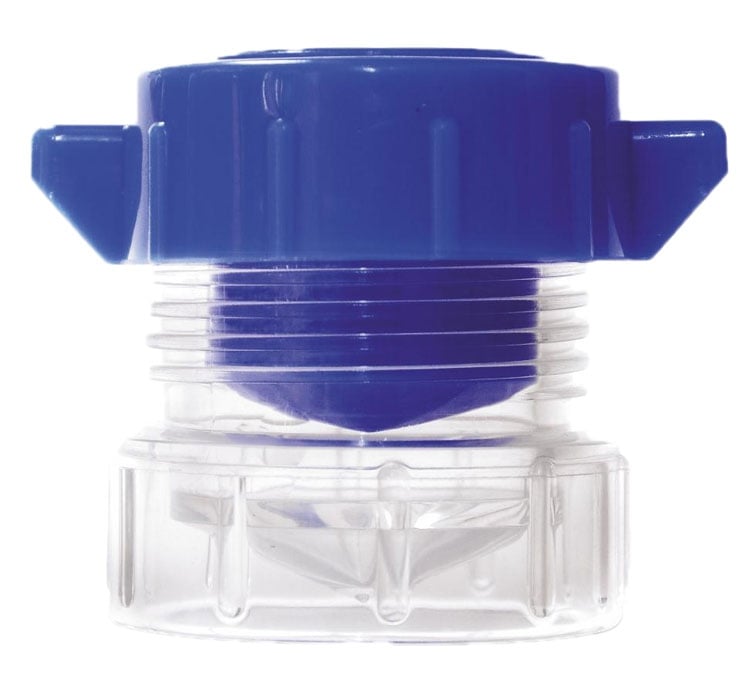
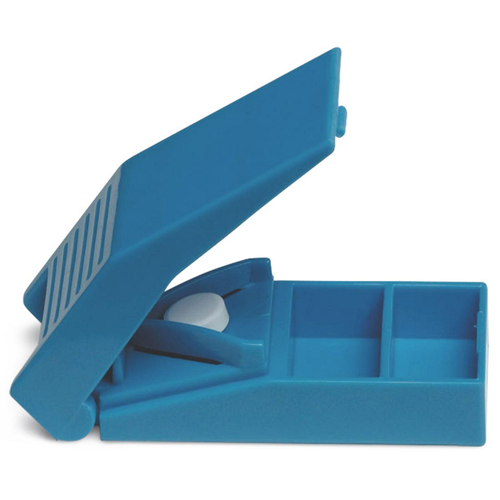
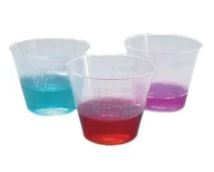
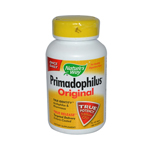
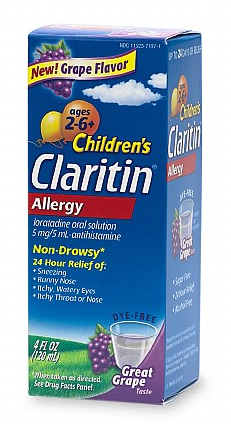
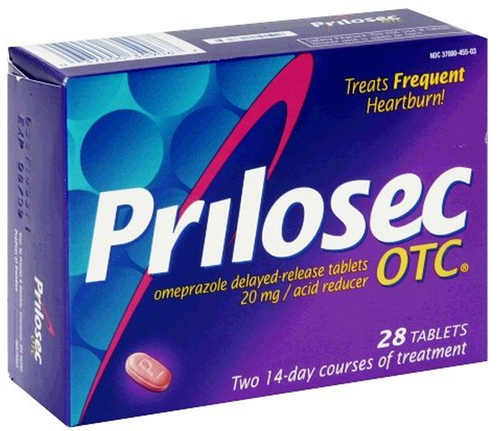
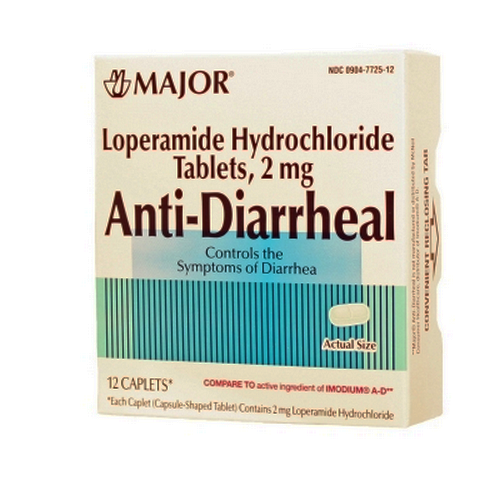



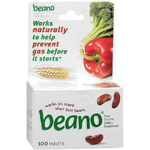
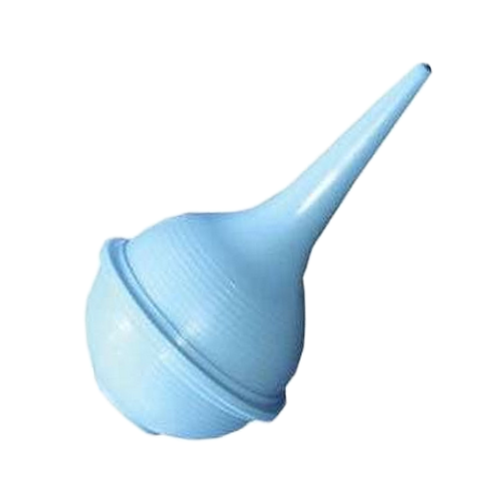
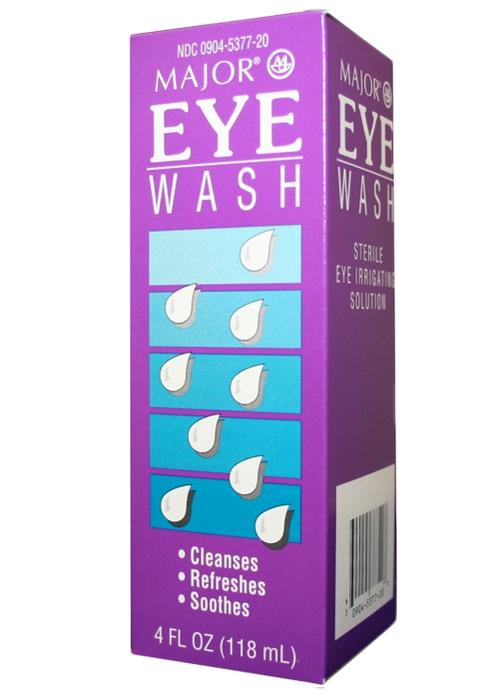
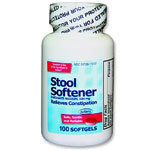


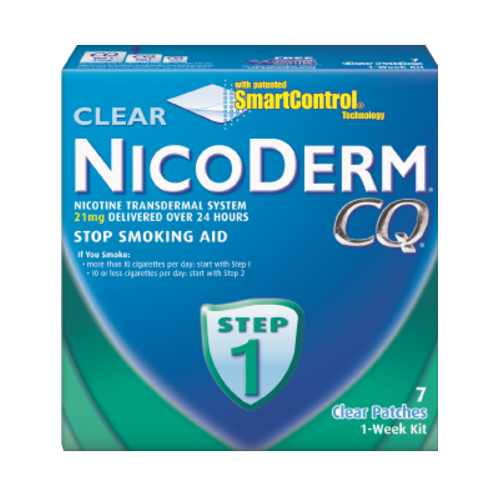
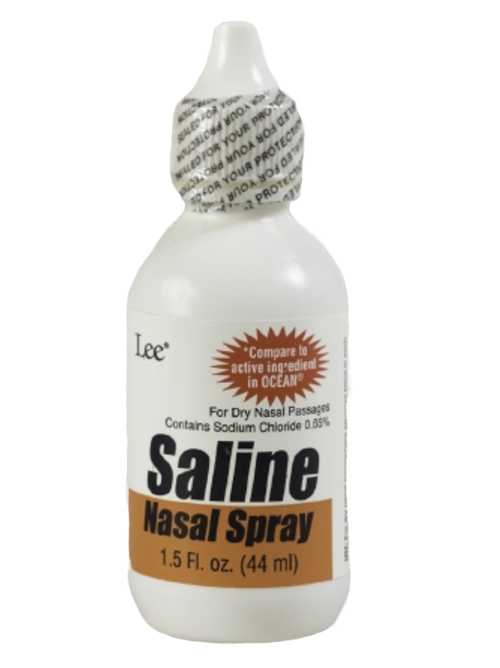


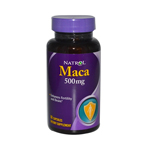

Login and Registration Form